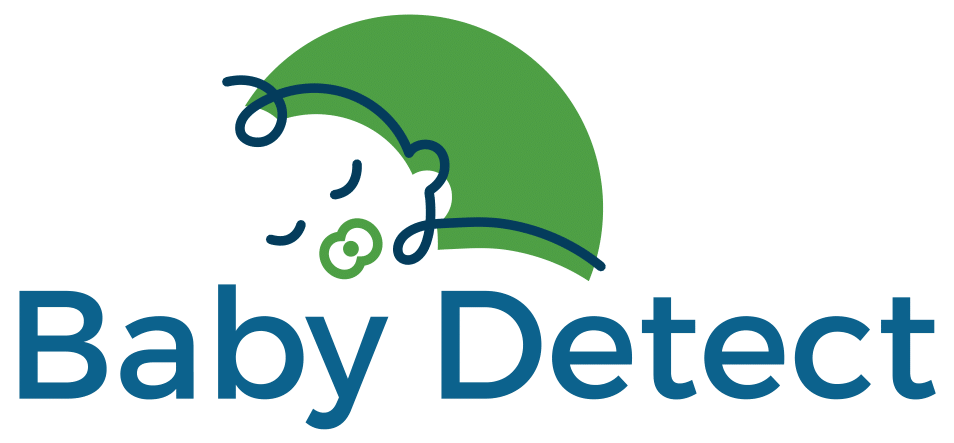APOA5, APOC2, GPIHBP1, LMF1, LPL genes
Also known as: Hyperlipidemia, type v; Hyperchylomicronemia, late-onset; Hyperchylomicronemia with hyperprebetalipoproteinemia, familial; Hyperlipemia, mixed; Hyperlipemia, combined fat and carbohydrate-induced; Combined lipase deficiency; Lipoprotein lipase deficiency with hepatic triglyceride lipase deficiency; LPL and HTGL deficiency; LPL and HL deficiency; Hyperlipoproteinemia, type ID; APOC2 deficiency
Includes: OMIM#144250 https://omim.org/entry/144250
OMIM#144650 https://omim.org/entry/144650
OMIM#207750 https://omim.org/entry/207750
OMIM#615947 https://omim.org/entry/615947
OMIM#207750 https://omim.org/entry/207750
1. The disease
Familial chylomicronemia syndrome (FCS) is a rare autosomal recessive disorder caused by biallelic mutations in lipoprotein lipase and other genes, resulting in accumulation of chylomicrons in plasma and hypertriglyceridemia. Elevated triglycerides cause several complications in patients, the most serious being episodes of acute pancreatitis.
2. The symptoms
- Clinical manifestations include recurrent episodes of severe acute pancreatitis, abdominal pain, nausea, fatigue, diarrhea, constipation, hepatosplenomegaly, eruptive xanthomas, and failure to thrive.
- Babies or children can be asymptomatic. Lack of early signs or symptoms does not exclude the diagnosis.
3. Actions to take in case of early diagnosis
- Infants with a positive genetic test (having 2 pathogenic variants or 2 copies of a single pathogenic variant in one of the 5 referred genes) should continue. Early treatment, with a special diet low in fat is essential.
- Biochemical correlation is essential for confirming diagnosis with the plasma lipid profile.
- Familial chylomicronemia is a lifelong disease that requires lifetime management and regular follow-up with a paediatric gastroenterologist physician, dietician and a multidisciplinary approach to care.
- Consultation with a dietician team to follow a low fat diet is crucial.
- Volanesorsen is indicated as an adjunct to diet in adults with genetically confirmed familial chylomicronemia syndrome (FCS) and at high risk for pancreatitis, in whom response to diet and triglyceride lowering therapy has been inadequate. Adverse events can be lowering platlets and injection local reaction.
- Genetic counselling is highly recommended for family planning and evaluation of at-risk family members such as siblings.
4. For more information
Publi :
